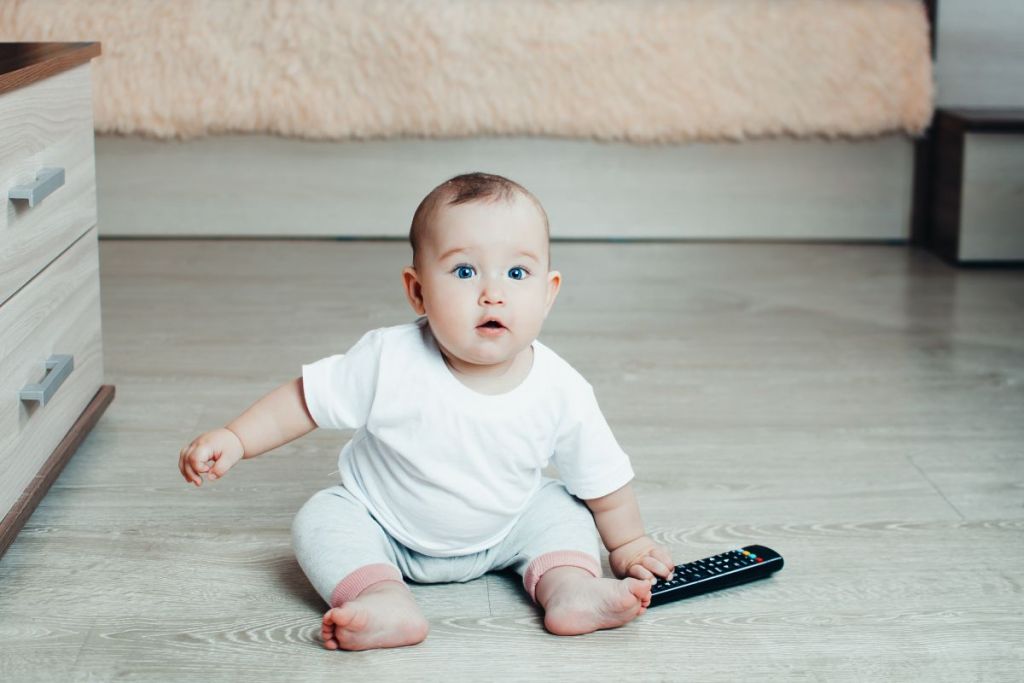One of our favorite times of the day as new parents is when our little ones take their nap. But what happens if their naps are not as long as they should be? What if the naps are just in quick bursts? Some say to nap when the baby naps, but that can be pretty hard when the baby doesn’t nap for very long. And, of course, if your baby isn’t getting enough sleep, that’s not good for them either. So how can you get your baby to nap longer?
Create a sleep-inducing environment
If it is extremely bright in your baby’s nursery, and the curtains are always open with the sun shining in, as nice as that is, it isn’t very conducive to good rest for the baby. If you want to create a nice sleep-inducing environment for your little one, you can start by using blackout curtains, which will keep the light out. (Don’t worry, you can always open them back up when the baby is awake so they can play, of course.) A white-noise machine is also a wonderful idea to have on hand because it can gently soothe your sleepy child off to dreamland with the various pleasant sounds it can produce.
Make a naptime routine
Just as you would have a bedtime routine, something that may help to keep your baby asleep longer is to have a naptime routine. You could make it rather similar to a bedtime routine, where you read a special book, have a little cuddle time, and then put them down to nap. This way, each day when you do this, their bodies will acclimate to it, and their minds will realize that it is naptime.
Offer a meal or snack
Babies are little creatures that are constantly growing, which means that their hunger grows, too. Try offering a small feeding before putting your child down for a nap. If they are a little older, try to offer them just a snack. That way, they will not be woken up by any hunger pangs, and you can both sleep soundly.

Look for signs of tiredness
If you wait too long to put your baby down for a nap, they may be overtired by that time, and neither of you will get any rest because they may just refuse sleep at that point altogether. One way to make sure that they are not overtired by the time you lay them down for a nap is to watch for the signs. If they begin to lose interest in their toys and books, or they are just starting to yawn, that is the prime opportunity to start their nap routine. You should get a longer nap when you do this versus waiting until they are overtired.
Keep it consistent
One thing that you are going to want to do in order to have your baby sleep longer during their naptimes is to keep it consistent. This means that to the best of your abilities, you are going to want to put your baby down for a nap at the same time every single day if it is possible. Even if it is relatively close to their naptime, that should be okay. Again, this is part of a routine, so keeping it the same every day will help you and your baby.
Avoid screen time
While babies don’t use tablets or phones, they certainly watch television sometimes. When we have the TV on, we may not even realize the baby could be watching it. But by doing this, the blue light from the TV screen can keep your baby awake. Do your best to assure that when it is getting close to naptime, shut down anything that has blue light and is near your baby.

Avoid other sleeping spaces
While some babies can easily fall asleep in their swings and their strollers, it is best for them to have their naps in their crib — their designated sleep space. That way, the room is just how it is supposed to be, and your baby will associate it with sleep and naptime when they are in there.
There is no magic potion to make babies sleep longer, but utilizing these tips may help!


